

How do Bongs Work
Joints, blunts, and pipes each have their charm but of course, they all work differently for smoking weed. Joints are classic, blunts are usually stronger and pipes are more convenient. But Bongs, my friend, are really in a league of their own, historically used to smoke cannabis and other dry herbs. Let’s dive deep and explore their anatomy, how bongs work, and how they compare to other ways of getting high.
By the end, you’ll have a comprehensive understanding of why bongs are the crème de la crème of smoking devices.
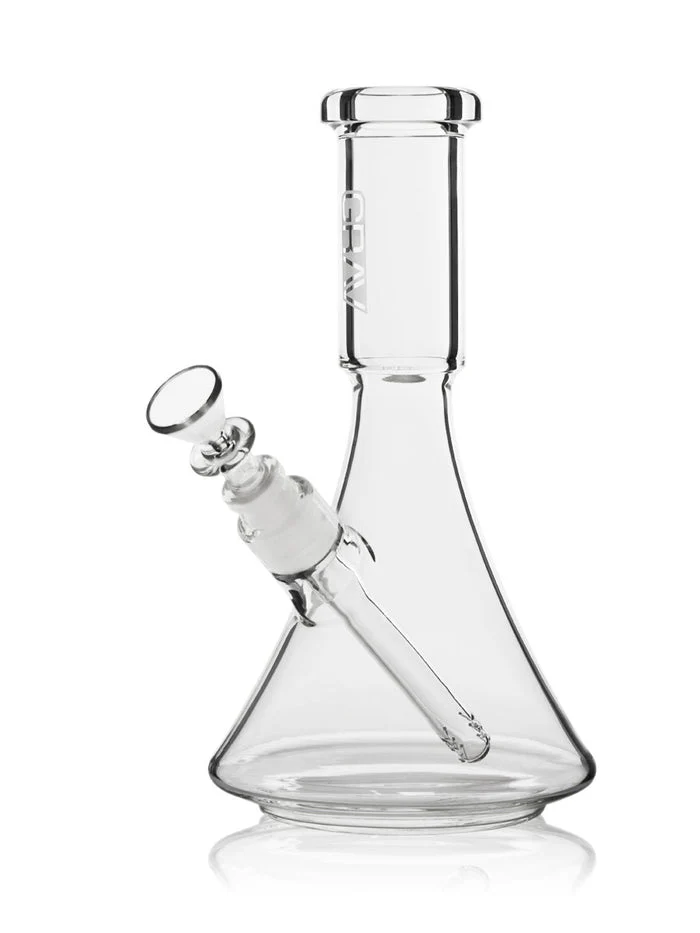
What is a Water Pipe/ Bong?
At its core, a water bong is a smoking device that mainly filters the smoke from burning cannabis, tobacco, or other herbs. Regularly changing and maintaining clean bong water is crucial to prevent resin buildup, ensure a clean smoking experience, and protect your health. It works by first passing the smoke through water before it gets to your lungs to cool and filter it. This leads to smoother smoking as compared to other smoking techniques.
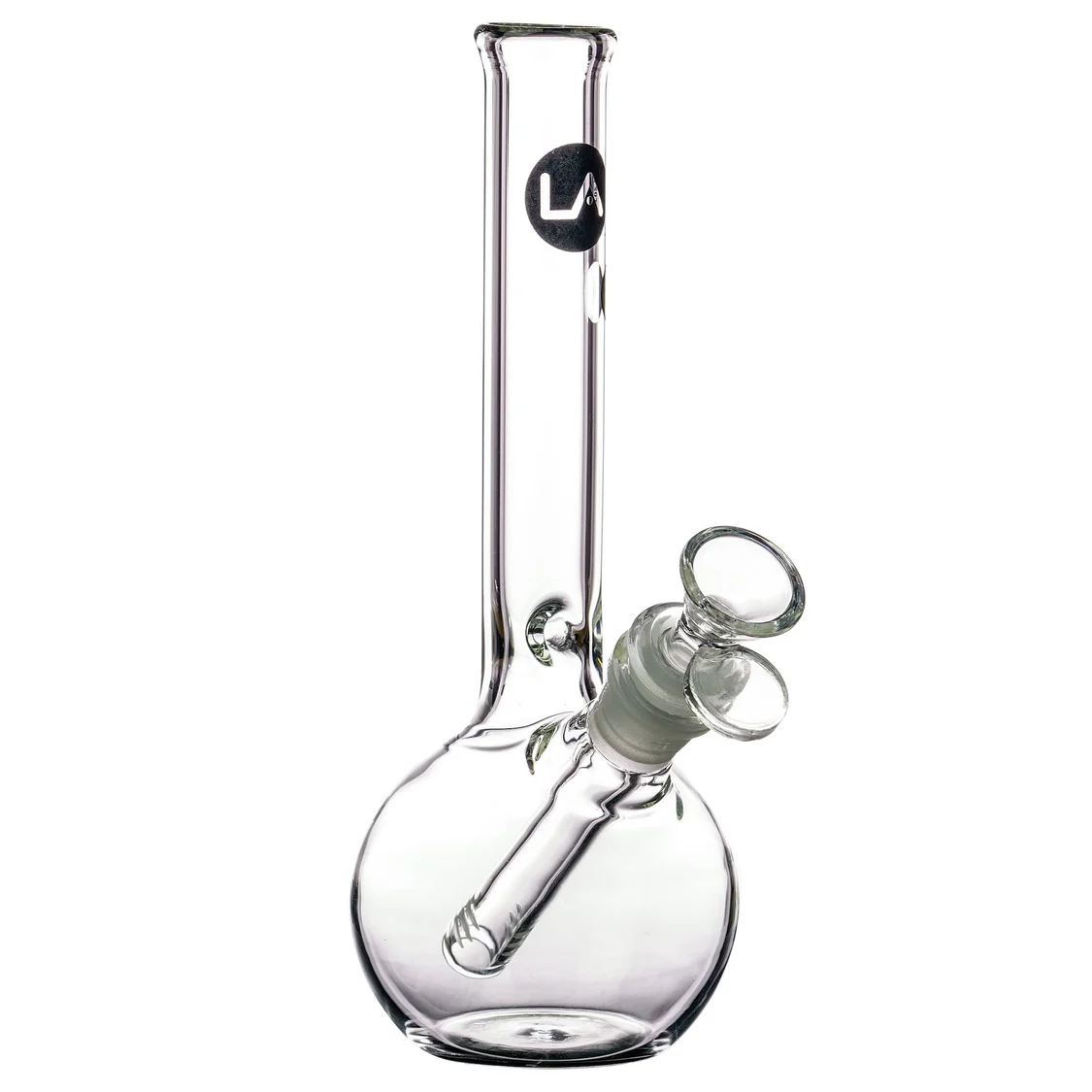
The earliest bongs were discovered in what is now Russia and Africa, dating back over 2,400 years. These early versions were made from natural materials like bamboo and gourds. Fast forward to today, and bongs have evolved into sophisticated pieces of art, crafted from materials like glass, acrylic, and even silicone
Related Blog: Your Ultimate Guide on How to Hit a Bong
Basic Anatomy of a Bong
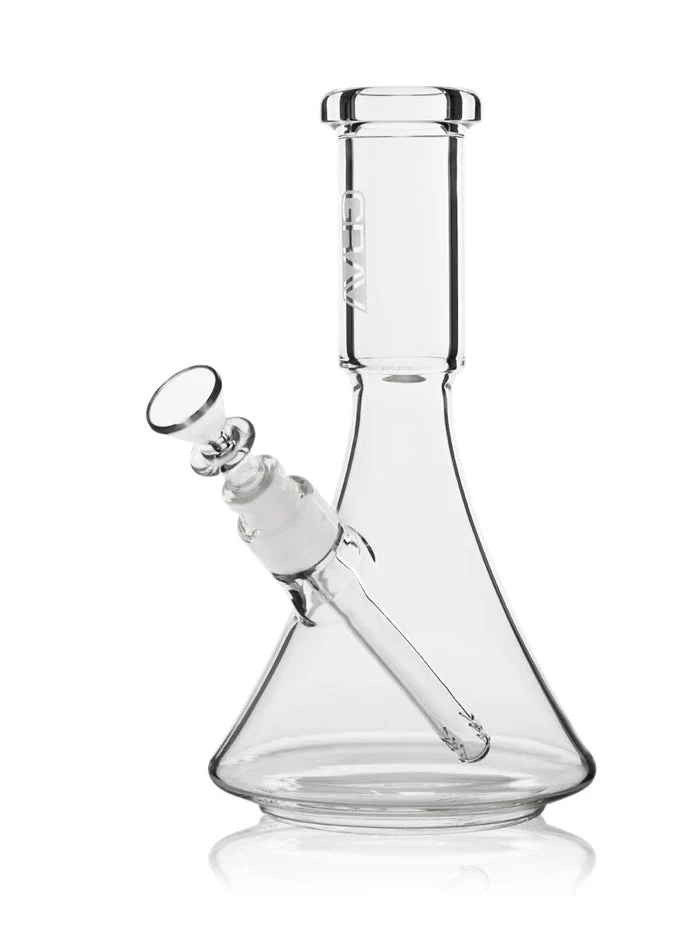
To truly appreciate a bong’s functionality, it’s essential to understand its basic components.
Additional Features
Many bongs come with an ice pinch close to the mouthpiece, allowing users to add ice cubes. The ice cubes cool the hot smoke, resulting in a smoother smoking experience.
The Bowl
The bowl is where you place your smoking material, typically ground cannabis. It's designed to hold a small amount of herb and is detachable for easy cleaning and loading.
The Downstem
The down stem is a slender tube that connects the bowl to the water chamber. Its primary function is to direct all the cannabis smoke from the bowl into the water chamber.
The Water Chamber
The water chamber is the main body of the bong, holding the water that cools and filters the smoke. The marijuana smoke bubbles through the water, trapping impurities and cooling down before inhalation.
The Mouthpiece
Located at the top of the glass bong itself, the mouthpiece is where you place your mouth to inhale the smoke. Its design can vary, but its function remains the same.
Additional Features
Modern bongs often come with additional features like percolators, which provide extra filtration for smoother smoke, and ice catchers, which cool the smoke even further. These enhancements can significantly improve the smoking experience.
Why is there Water in a Bong?
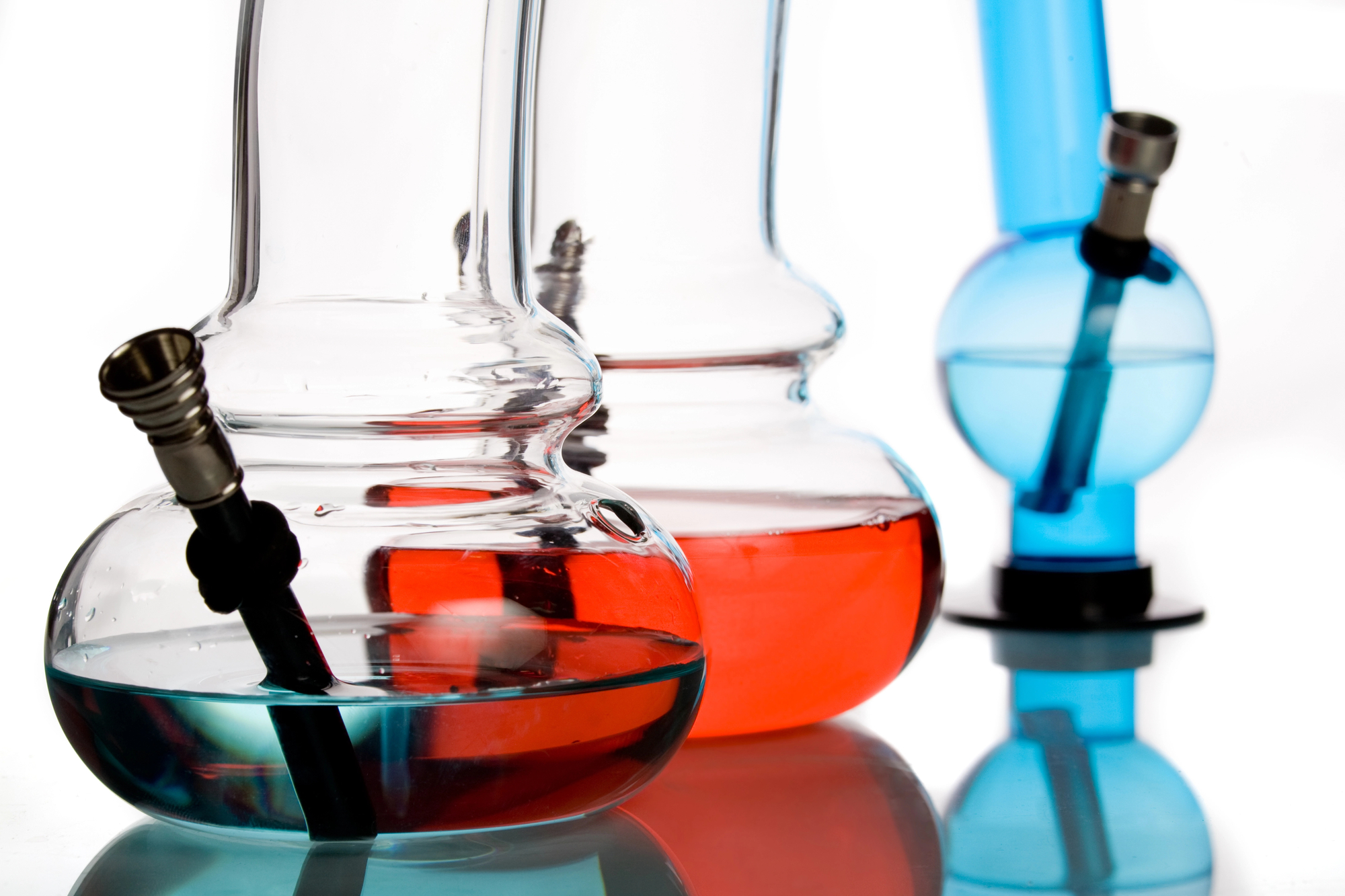
The Role of Water Filtration
Water plays a crucial role in the bong's filtration process. As the smoke passes through the water in a bong, it is cooled and filtered. The water traps some of the ash, tar, and other impurities, resulting in a cleaner, smoother hit.
Cooling the Smoke
One of the most significant benefits of using a bong is the cooling effect of the water. Hot smoke can be harsh on the throat and lungs, but water provides cool smoke, making it much more pleasant to inhale.
Trapping Impurities
Water acts as a natural filter, trapping various impurities that would otherwise be inhaled. This not only enhances the taste but also reduces the potential harm from smoking.
How Do Bongs Work Scientifically?
The science behind bongs is quite fascinating. When you ignite your bowl of weed, it produces smoke. And when you inhale, you create a sort of vacuum that draws the smoke from the bowl into the chamber.
Since the smoke is cooled by water before it enters the chamber, it remains in the chamber even when you take your mouth off the mouthpiece (only small amounts of smoke are expelled). Do you notice the bubbles that appear when you breathe in? That is the ‘lungs of the bong’, creating its micro vacuum to suck the smoke into the chamber.
When you take your finger off the carb or move the slider, make sure to take the remaining smoke in the chamber as fast as possible. Because the pressure inside the bubbler is greater than the atmospheric pressure, you can easily draw in the smoke as soon as you remove your finger from the carb.
The Path of Smoke Through the Bong
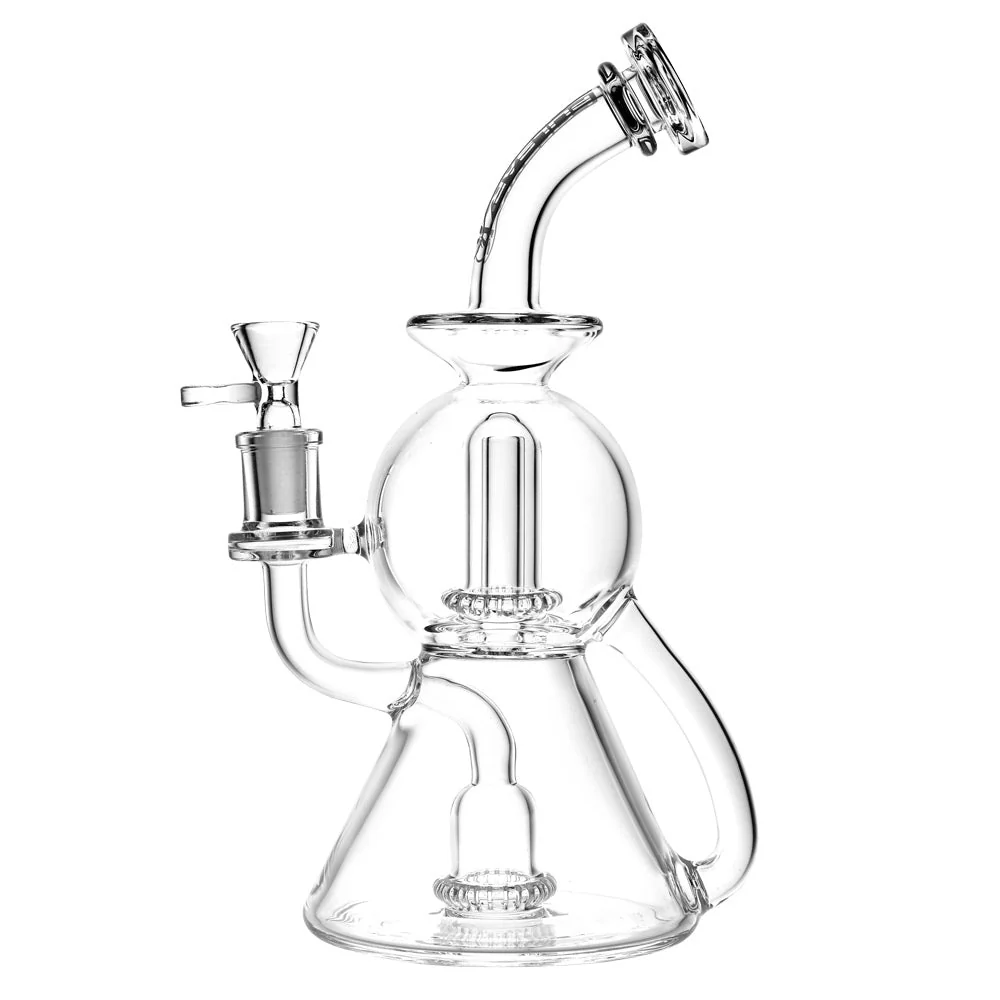
Understanding the smoke’s journey can help you appreciate the bong’s design. Here’s a step-by-step look at the process:
Lighting the Bowl: You light the herb in the bowl while inhaling through the mouthpiece.
Smoke Travels: The smoke travels down the down stem into the water chamber.
Bubbling: The smoke bubbles through the water, cooling and filtering.
Main Chamber: The filtered smoke rises into the main chamber.
Inhalation: Finally, you inhale the cooled, filtered smoke through the mouthpiece. It is important to promptly inhale the remaining smoke from the chamber to ensure you capture all the smoke.
Impact on Smoke Quality: The result of this process is smoother, cooler, and cleaner smoke, making bongs a preferred choice for many enthusiasts.
Are Bongs Better Than Other Smoking Methods?
Comparing Smoothness and Filtration
When it comes to smoothness and filtration, bongs generally have the upper hand. The water filtration process significantly reduces the harshness of the smoke, making each hit smoother compared to joints, blunts, or pipes when smoking cannabis.
While smoking of any kind carries many adverse health effects and risks, bongs can be somewhat less harmful due to their filtration capabilities. They trap some of the toxins and carcinogens, although not all. It’s important to note that using clean water and maintaining your bong can further enhance these benefits.
Bongs offer a unique and enjoyable smoking experience. The cooler, smoother hits are less likely to cause coughing or throat irritation, making it a more pleasant experience, especially for beginners or those with sensitive lungs.
Bongs vs Pipes
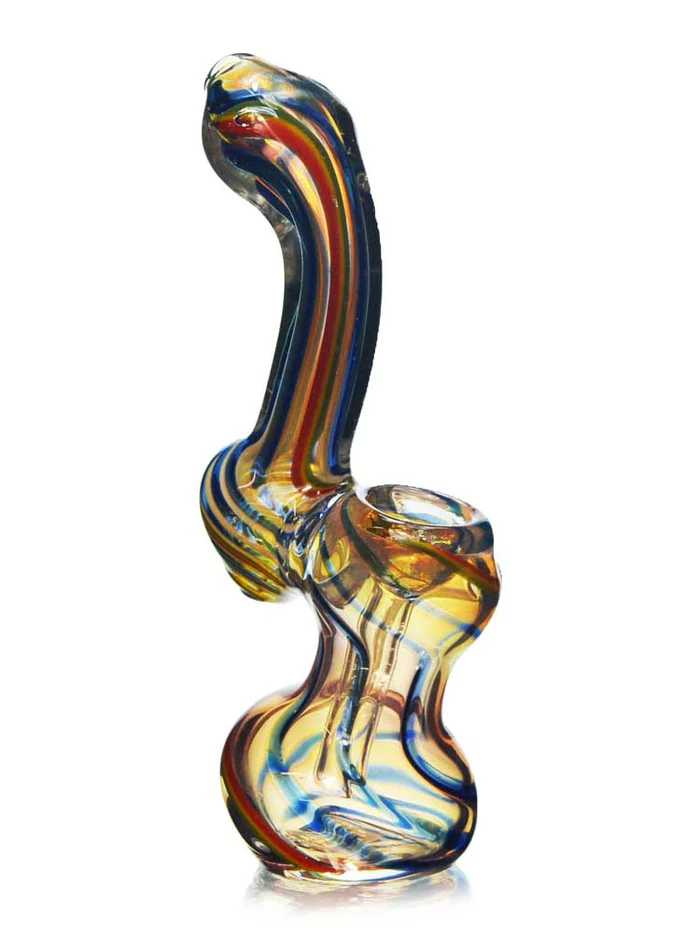
Pipes are incredibly easy to use and transport, making them a convenient choice for on-the-go smoking. However, they lack the filtration and cooling benefits of bongs, which can result in harsher hits.
However, Pipes wins in terms of portability. They’re small, discreet, and easy to carry around. Bongs, on the other hand, are typically larger and more fragile, making them less ideal for travel.
When it comes to smoke quality, glass bongs generally offer a superior experience. The water filtration in a water pipe provides smoother, cooler, and cleaner hits compared to the harsher smoke from pipes.
Bongs vs Joints
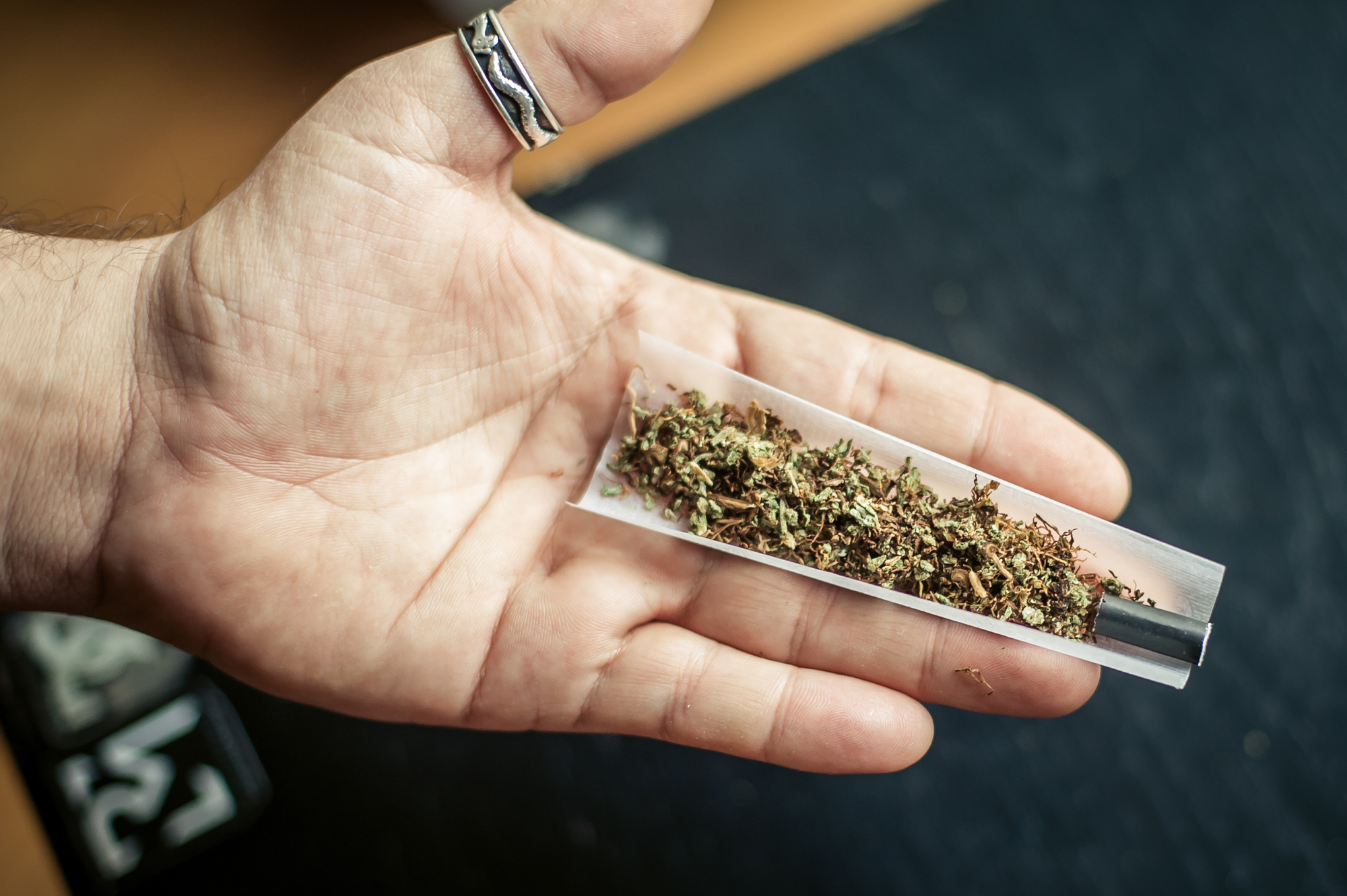
Joints require rolling, which can be time-consuming and requires some skill. Bongs, however, only need to be filled with water and packed with herb, making them quicker and easier to prepare for smoking marijuana.
Joints are incredibly portable and discreet. You can carry a few pre-rolled joints in your pocket without any hassle. Bongs, being larger and more delicate, aren’t as travel-friendly.
Bongs have a clear advantage in terms of filtration and smoothness. The water filtration process significantly reduces the harshness of the smoke, providing a smoother and more enjoyable hit than joints.
Bongs vs Blunts
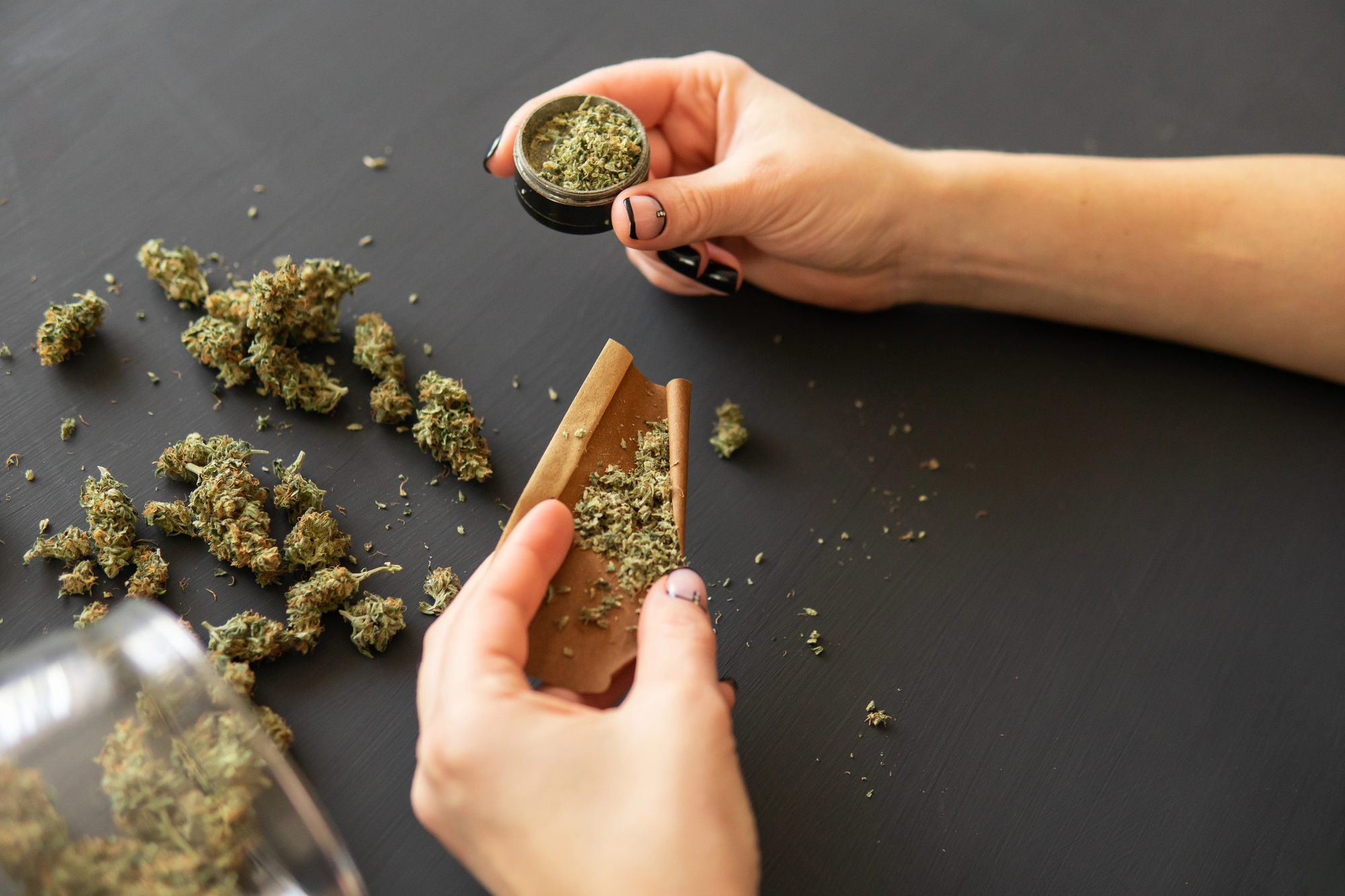
Blunts are known for their strength and potency, as they’re typically larger and can hold more herbs. However, this also means they can be harsher on the throat and lungs. Bongs, while potentially less potent, offer a smoother and cooler smoking experience.
Blunts involve smoking tobacco leaves along with cannabis, which can increase health risks due to the inhalation of tobacco smoke. Bongs, with their water filtration system, can reduce some of the harmful substances in the smoke, making them a slightly healthier option for tobacco smokers.
Blunts can alter the flavor of the herb due to the tobacco leaf wrap. Bongs, especially glass ones, preserve the pure flavor of the cannabis, providing a more authentic taste experience.
How to Clean a Bong
Importance of Regular Cleaning
Keeping your bong clean is crucial for maintaining the quality of your smoking experience. A dirty bong can harbor bacteria, mold, and other harmful substances, and it can negatively impact the taste and smoothness of your hits.
Using a plastic water bottle for a bong can pose potential health risks, especially when exposed to heat. Chemicals can leach into the water, and Cancer Research UK highlights that plastic bottles heated to 60°C can release unhealthy levels of toxic chemicals.
After each use, give your bong a quick rinse with warm water to remove any loose particles. This simple step can prevent buildup and make deep cleaning easier.
For a thorough cleaning, you’ll need isopropyl alcohol and coarse salt. Here’s a step-by-step guide that will help you clean your bong effectively and efficiently.
In Conclusion..
The feeling that accompanies the smoking of the bong is a delightful one. It’s not the same as using a pipe, a blunt, or a joint as there is no harshness while using it.
The chamber of a bong permits you to create a massive quantity that you inhale. Theoretically, the bigger the hit the higher you’ll get. You will only need two hits of a bong maximum to get high or just one hit can make it. Inhalation has a very quick impact and results in instant stimuli. Furthermore, the bongs that come with filters and ice can be useful in eliminating even more compounds than the other bongs.
So if you want to continue enjoying smooth, refreshing hits during your sessions, a bong is a worthy investment.
Frequently Asked Questions
How does a bong actually work?
A bong uses water to filter and cool the smoke produced when cannabis is burned. The smoke passes through water, which removes some toxins and ash before entering the user's lungs.
Are bongs better for lungs than joints?
Bongs may be slightly better for the lungs than joints because the water filtration can remove some harmful substances. However, smoking any substance can still pose risks to lung health.
What is the principle of a bong?
The principle of a bong is water filtration. When smoke passes through the water, it cools down and some impurities are filtered out, resulting in a smoother inhalation experience.
Do bongs always need water?
Yes, bongs need water to function properly. The water serves as a filter and cooler for the smoke, which is a key aspect of a bong's design.











Leave a comment